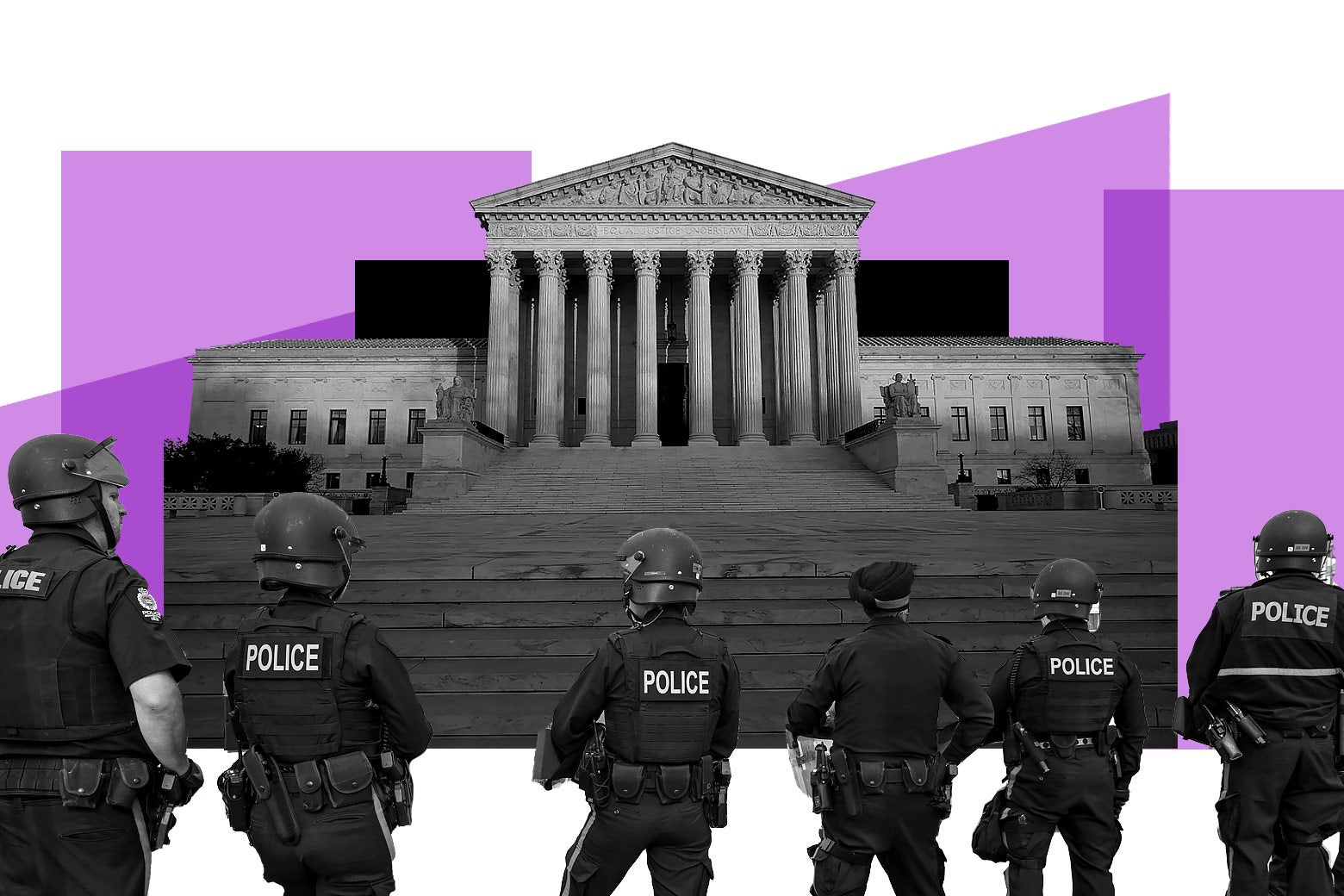
"The Constitution does not arrive at the scene of the crime in time to stop the killing... But until now, it has at least had the opportunity to arrive afterward."
"Must courts evaluating a police officer's use of force examine the entire encounter, or may they isolate only the split second in which an officer claims to have perceived a threat?"
"The case arose from the fatal police shooting of Ashtian Barnes... Officer Felix mounted the side of the moving car and, within seconds, fired his gun with 'no visibility'."
"A federal district court granted summary judgment to Felix... declaring the killing legally justified as a matter of law."
The article discusses the implications of the Supreme Court case Barnes v. Felix, which examines whether courts should consider the entirety of a police encounter or just the moment an officer perceives a threat. This case arose from the shooting of Ashtian Barnes during a traffic stop for an unpaid toll. The ruling could significantly affect the legal framework around police accountability, potentially limiting the ability of courts to review the circumstances surrounding police use of deadly force and weakening the Fourth Amendment's protections.
Read at Slate Magazine
Unable to calculate read time
Collection
[
|
...
]